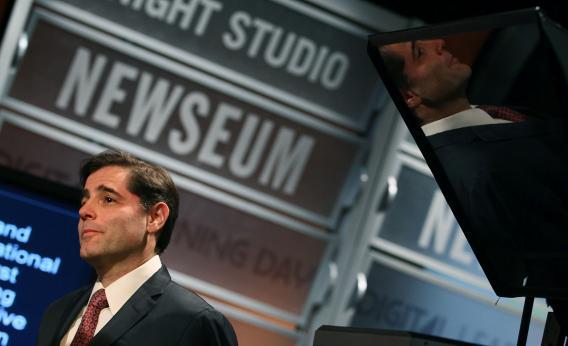A somewhat confusingly structured Cecilia Kang article (the inverted pyramid is not a great way to explain everything) has got the whole Internet abuzz about an FCC plan to build a national Super Wi-Fi network and the evil telecommunications companies who are trying to kill it.
The FCC does have a good idea here and the telecommunications companies are evil, but there is no such plan.
The key issue is the difference between a wireless spectrum that’s owned by private firms and a wireless spectrum that’s “free” and “open” to whomever. The reason you can tune into a TV or radio station and get a clear signal is that it’s illegal for anyone other than the owner of the frequency in question to broadcast on it. The same is true for the spectrum bands owned by the different mobile phone operating companies.
But Wi-Fi doesn’t work like that. You buy a router, plug it in, turn it on, and bam—you’re broadcasting a Wi-Fi signal. The reason that works is that Wi-Fi routers operate on a band of spectrum that isn’t in private hands. It’s left “open” for anyone to use. Garage door openers operate on a similar principle.
The controversy Kang’s writing about is a longstanding dispute over what to do with analog television broadcast spectrum that TV stations were given long ago. There are many ins-and-outs to this, but the basic issue is that telecom companies want as much spectrum as possible to be sold to telecom companies while FCC chairman Julius Genachowski wants to sell less spectrum to telecoms and leave more of it “open” for public use. He and major Silicon Valley firms believe that this spectrum could be used in a way that’s comparable to Wi-Fi, except with stronger, more robust signals. But just because Wi-Fi spectrum is free doesn’t mean that Wi-Fi service is free. Any kind of “super Wi-Fi” is the same.
Perhaps if the spectrum were open and the technology worked, some cities would use it to build municipal broadband networks, but there’s no need for it to be used that way. Garage door opener spectrum is free, but there’s no municipal garage door networks.
